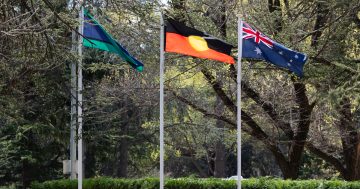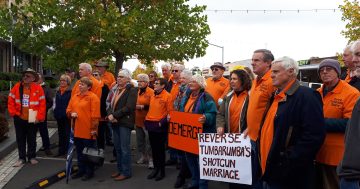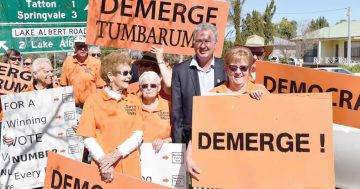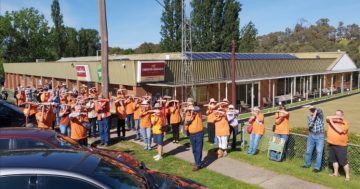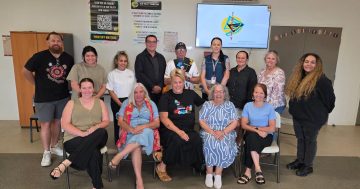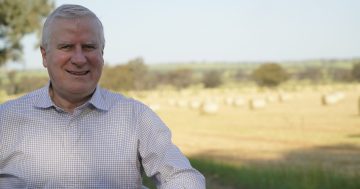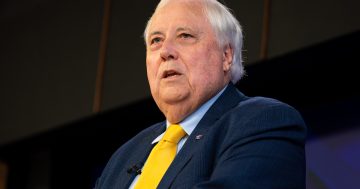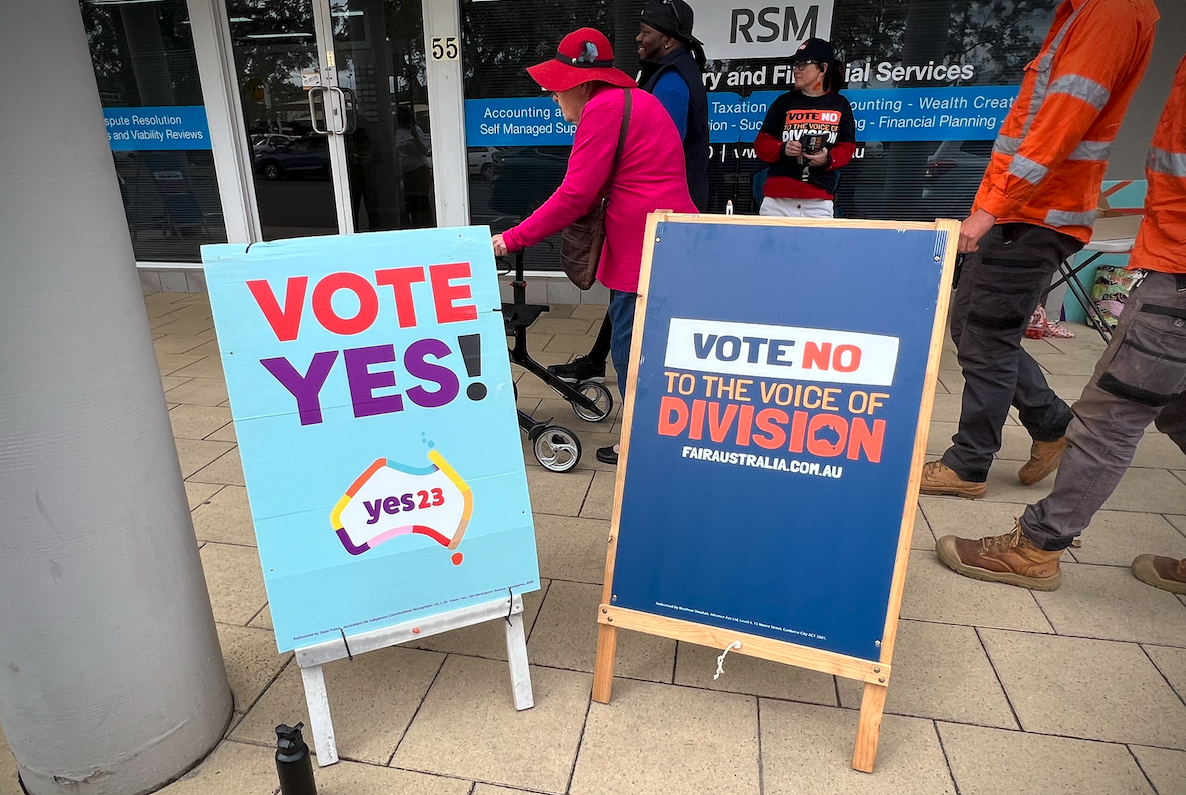
Over 70% of the Riverina voted No as Australians cast their votes on Saturday. Photo: Chris Roe.
The Riverina has delivered a resounding No to enshrining an Indigenous Voice to parliament with over 70 percent voting against the proposal.
While counting is still underway, and it could take a few more days for the Australian Electoral Commission to release an official result, enough has been tallied to show that Australia has rejected Indigenous constitutional recognition.
The ACT is the only jurisdiction in the country that delivered a Yes majority.
Federal Member for the Riverina, Michael McCormack backed the National Party’s move to oppose the Voice even before the referendum question had been proposed.
“The Voice referendum has failed,” he declared on social media
“With 88 of 95 #Riverina booths counted, the result is 72% No.
“Australians don’t like the Constitution changed.
“National and local results show people don’t want a country divided by race, whilst acknowledging work needs to be done to Close The Gap.”
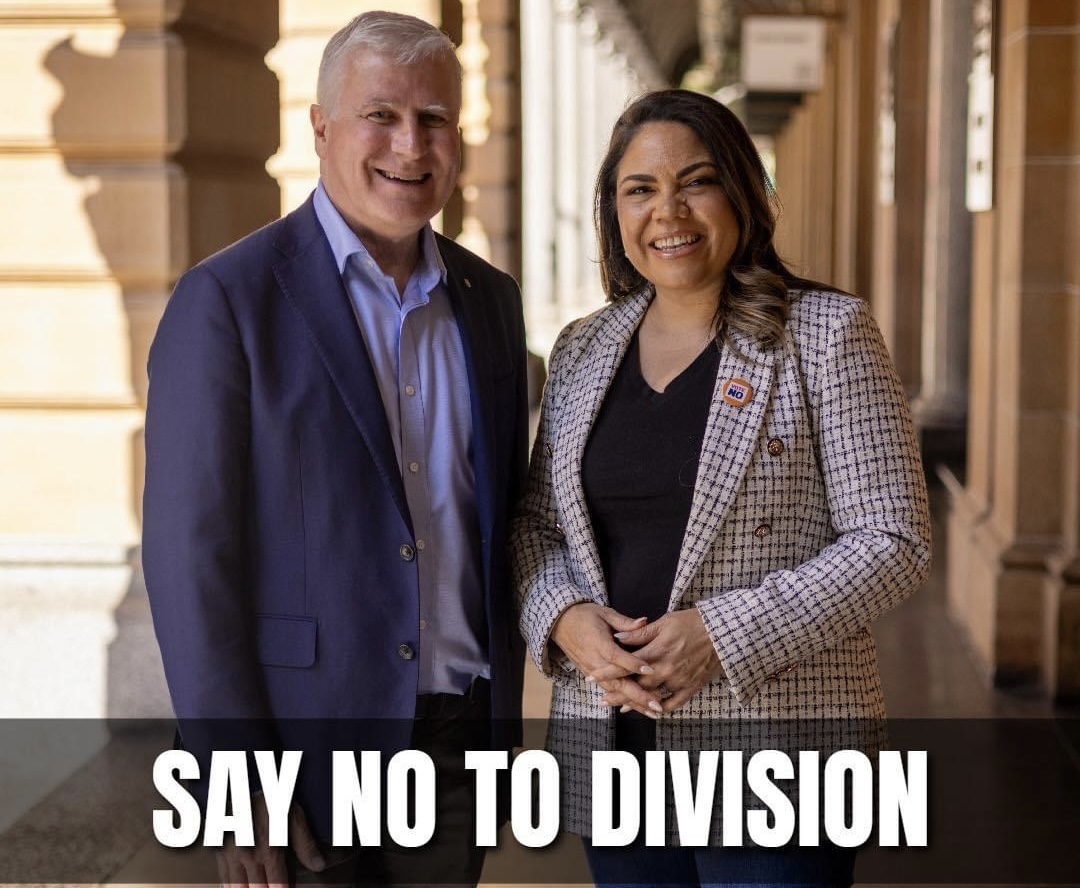
Riverina MP Michael McCormack echoed Senator Jacinta Price’s message that the Voice would be divisive. Photo: Michael McCormack.
State MP for Wagga Wagga, Dr Joe McGirr actively campaigned for the Voice and expressed disappointment over the predicted outcome as he handed out how to vote cards at polling booths In the morning.
Local Wiradjuri Elders had been outspoken in their support and overnight many switched their social media profiles images to black in mourning and solidarity with thousands of Indigenous Australians across the country who did the same.
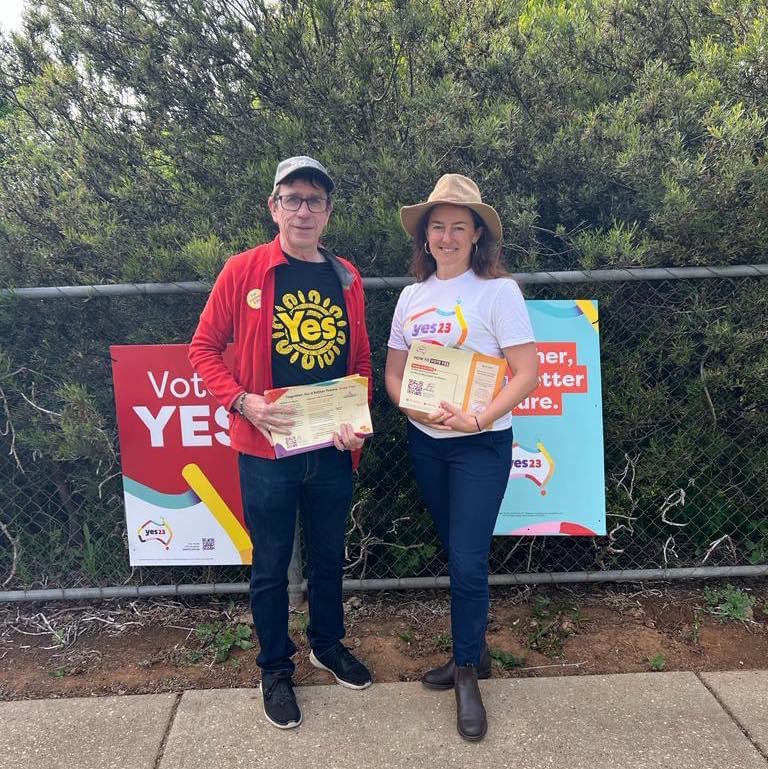
Dr Joe McGirr was out supporting the Yes case on Saturday. Photo: Dr Joe McGirr.
The national vote stands at 39.75 per cent for Yes and 60.25 per cent for No.
While zero out of six states have a majority for the Yes vote.
For the referendum to pass, the proposed alteration must be approved by both a national majority of voters and a majority of voters in a majority of the states (at least four out of the six states).
This is known as a double majority, which is needed for any referendum to pass.
This means votes from both the ACT and Northern Territory only count towards the overall national vote.
Votes from Norfolk Island residents are included as part of the ACT electorate of Bean.
Friday (13 October) was the biggest single day of pre-polling in Australia’s history with just over one million votes cast.
Overall about 6.13 million people input their ballots at an early voting centre, making this referendum pre-poll the largest in Australia’s history.
For comparison, 5.6 million votes were cast at early for the 2022 federal election.
Meanwhile about 2.1 million people applied for a postal vote, compared to 2.7 million at the 2022 federal election, while 135,000 people voted via an AEC mobile polling team and 47,000 people voted at a polling place overseas.
In total, early voting (postal and in-person) adds up to 8.41 million, meaning about 9.2 million people needed to cast their votes on Saturday (14 October).
Original Article published by Claire Fenwicke on Riotact.







